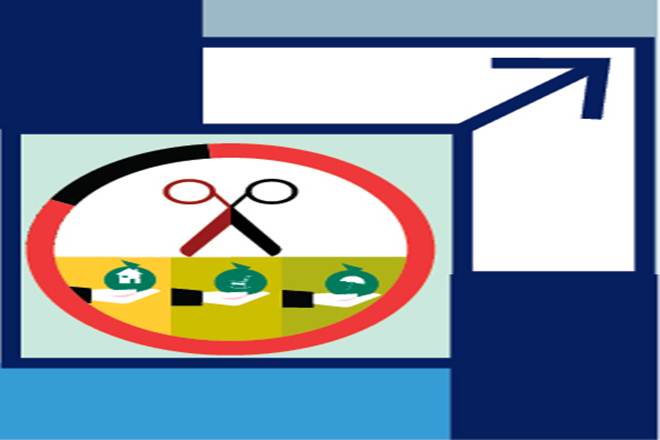By Shailesh Kumar
The month of March holds great significance for individual as well as corporate taxpayers. This year, March 31 marked the due date of linking PAN and Aadhar, filing of revised/ belated return pertaining to FY 2018-19. It was also the last date for those taxpayers who desired to avail the Vivad se Vishwas Scheme to settle their tax disputes.
In view of the nationwide lockdown due to coronavirus pandemic, the government on March 24 announced a series of statutory and regulatory compliance relief measures, deferring deadline and reducing interest rates on delayed payments of tax. Subsequently, on March 31, the government issued an ordinance amending relevant tax laws and giving a statutory force to relaxations announced earlier.
Relaxations for individuals
Every year, March 31 is the last date for making investments in tax-saving instruments, be it insurance premiums, ELSS mutual funds, PPF, NPS, medical insurance, etc. Due date for all such investments has been extended to June 30, 2020. Also, deduction for donations made under Section 80G can be claimed for FY 2019-20 both by individual as well as corporate taxpayers, if such donation is made by June 30, 2020. It may be noted that investments made during this period should be counted for only one of the two financial years(FY 19-20 or FY 20-21). Additionally, due date of linking PAN with Aadhar has been extended to June 30, 2020.
Relaxations in compliances
The due date of filing revised/ delayed income tax return for FY 2018-19 has also been extended by three months, i.e. till June 30, 2020. The government has reduced the interest rates for delayed payment of advance tax/ self-assessment tax/ TDS/TCS during March 20, 2020 to June 30, 2020 from 1/1.5% per month to 0.75% per month. Further, it has been stipulated that no late fee/ penalty shall be charged for delay relating to this period.
Vivad se Vishwas Scheme was rolled out with stringent deadlines and required payment of additional 10% of tax in dispute, if payment was made beyond March 31, 2020. The due date has been extended to June 30 without any additional payment now.
The due dates for issuance of any notice, intimation, notification, approval or sanction order, has also been extended by a period of three months. Filing of an appeal, furnishing of return, statements, applications and any compliance by the taxpayer including investment in saving instruments or investments for rollover benefit of capital gains under the tax laws has been relaxed up to June 30 if the same fall due between March 20 and June 29, 2020.
Extension of lower tax withholding certificates
The Centre has extended validity of all lower withholding orders applicable till June 30. This relaxation will ensure continuity of payments to contractors/ service providers, resident and non-resident, where for reasons such as character of income, tax treaty benefits, estimated losses, etc., taxpayers were authorised to receive payments, either without deduction of income tax or deduction at a lower rates vis-a-vis normal rates.
Such relaxation would be important for cash flow management of both resident as well as non-resident taxpayers, and in present circumstances, where taxpayers and businesses are already facing severe liquidity and cash flow issues.
The writer is director, Nangia Andersen Consulting. Inputs from Vasudha Arora

